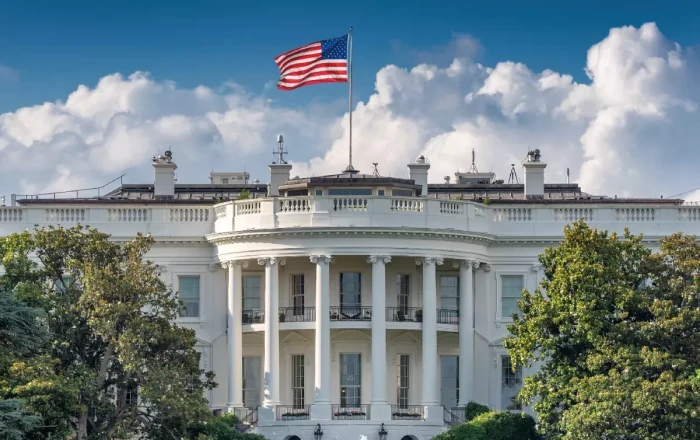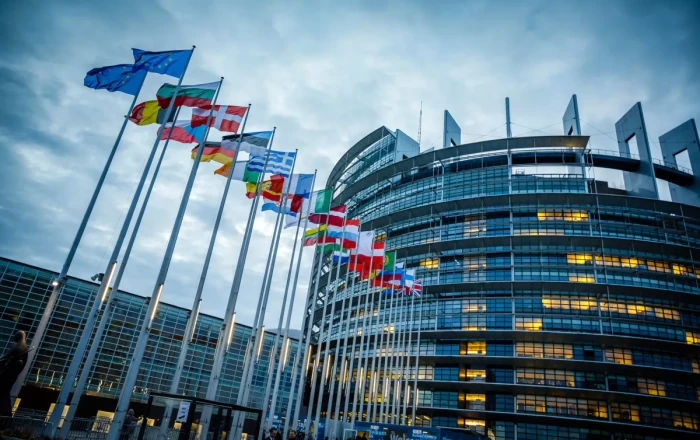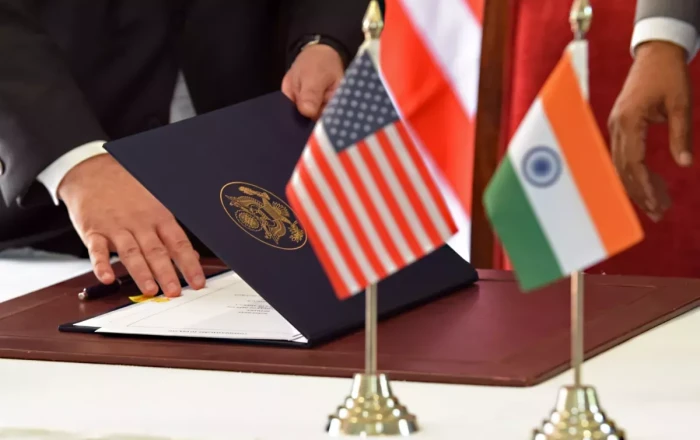Vietnam is intensifying its efforts to combat counterfeits and digital piracy following accusations from the United States, which claims the country has become a major hub for these illegal activities.
The U.S. has threatened severe tariffs if Vietnam does not take stronger action. According to documents reviewed by Reuters, the Vietnamese government has begun to implement stricter border inspections on imported goods to ensure their authenticity.
Among the items under heightened scrutiny are luxury goods from Kering (the parent company of Prada and Gucci), electronics made by Google and Samsung, and toys produced by Mattel and Lego. Additionally, consumer products like Procter & Gamble’s shampoos and Johnson & Johnson’s razors are also on the list for inspection.
This move marks a significant step in Vietnam's crackdown, which is primarily aimed at imported counterfeit goods rather than those produced locally, although this is also a concern for the U.S. administration. One of the most significant areas of focus has been on counterfeit software. The Ministry of Culture sent a warning letter to a local company on April 14, following a complaint from the Business Software Alliance (BSA). BSA, which represents major companies like Microsoft, Oracle, and Adobe, has long urged Vietnam to address the issue of unauthorised software usage. According to a source familiar with the matter, similar letters have been sent to numerous companies since the beginning of April.
These actions are part of a broader strategy by the Vietnamese government to avoid the imposition of punitive tariffs. If the U.S. tariffs are confirmed in July, Vietnam would face a 46% duty on its exports to the U.S., which is its largest market. Vietnam has been in informal talks with the U.S. to try and prevent these tariffs, and one of the central issues being discussed is intellectual property protection, particularly in relation to counterfeits and digital piracy.
The Vietnamese government has been taking further steps to address trade fraud and counterfeiting, with Prime Minister Pham Minh Chinh directing officials to focus on issues like the origin of goods and counterfeit products. These measures are part of Vietnam’s broader efforts to appease the Trump administration and avoid the imposition of higher tariffs, but they may create tensions with China, which is Vietnam's main source of imports. In January, the U.S. Trade Representative (USTR) removed a Vietnamese marketplace from its watchlist after local authorities launched a crackdown, commending Vietnam’s efforts to combat illegal activities. However, the USTR continued to express concern about ongoing sales of counterfeit goods, particularly online, with the Vietnamese platform of Singapore-based e-commerce giant Shopee being a significant hub for counterfeit sales.
The USTR also warned that as more brands shift production from China to Vietnam, the country is increasingly becoming a key manufacturer of counterfeit goods. The U.S. has been particularly concerned about the role of online marketplaces in facilitating the trade of fake products. Shopee, in particular, continues to be flagged as a major platform for counterfeit goods, though neither the USTR nor Shopee responded to requests for comment on these issues.
In response to the growing concerns about intellectual property rights, Vietnam is planning to establish specialised courts to handle copyright enforcement. A draft law, which is set to be approved by the Vietnamese parliament in June, outlines these efforts to improve intellectual property protection and attract more foreign investment. This law is part of Vietnam’s broader commitment to stricter enforcement of intellectual property rights, which is a key factor in its ongoing negotiations with the U.S. to avoid tariffs and improve its trade relations.
By Tamilla Hasanova
Source: caliber.az












